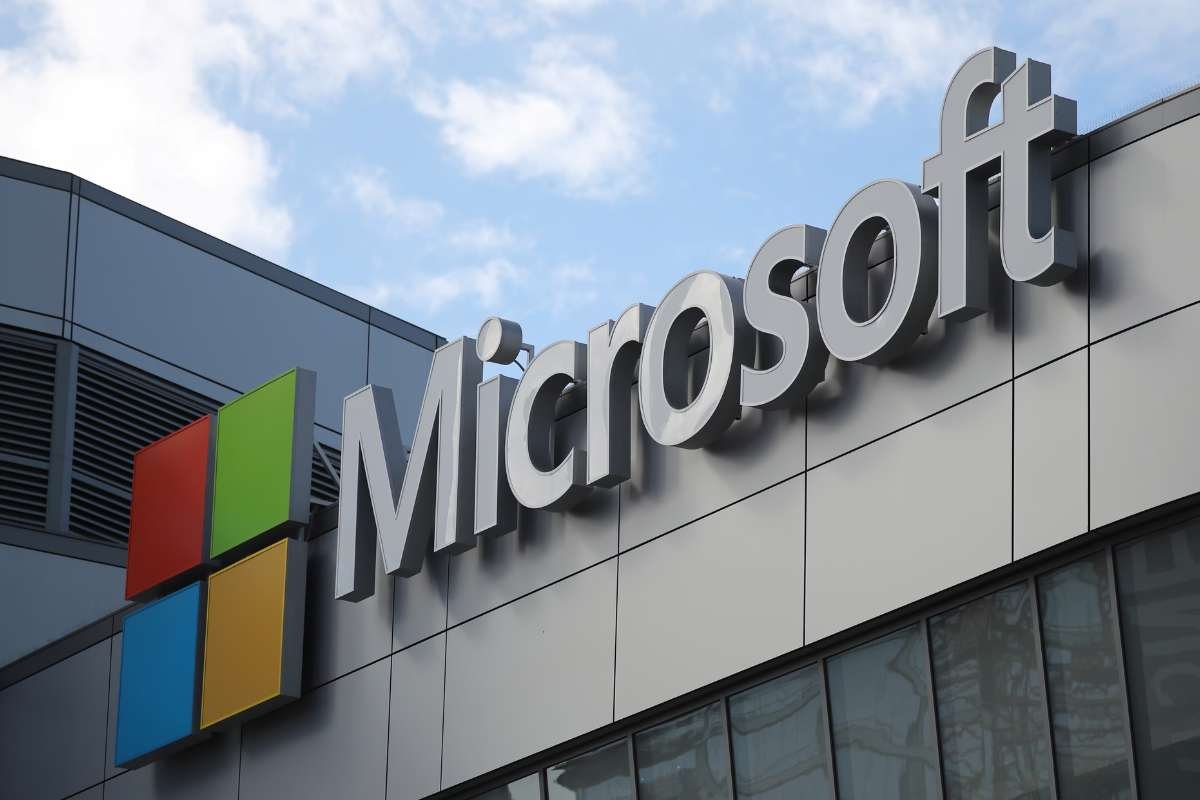Harvard Medical School Licenses Health Content to Microsoft
- Get link
- X
- Other Apps

- Source: www.reuters.com
Key Points:
- Harvard licensed its health content to Microsoft.
- The deal enhances Copilot with trusted medical info.
- It reduces Microsoft’s reliance on OpenAI.
Harvard University said on Wednesday that Harvard Medical School has entered a licensing agreement with Microsoft, granting the company access to its consumer health content covering diseases and wellness topics. The deal allows Microsoft to incorporate this information into its digital platforms and products.
As part of the agreement, Microsoft will pay Harvard a licensing fee. Neither party disclosed financial terms or the duration of the deal.
Enhancing Microsoft’s AI tools
According to The Wall Street Journal, which first reported the development, the partnership is expected to strengthen Microsoft’s Copilot AI assistant by integrating medically reviewed content. The collaboration supports Microsoft’s broader strategy to make Copilot more informative and reduce reliance on external AI providers such as OpenAI.
Dominic King, vice president of health at Microsoft AI, told the Journal that the goal is for Copilot to provide responses resembling the kind of information a person might receive from a healthcare professional. He said Microsoft wants to make AI-generated guidance more trustworthy and practical for everyday users seeking reliable health information backed by Harvard Medical School expertise.
Microsoft’s Copilot currently uses OpenAI’s language models to power productivity tools like Word and Outlook. In recent months, the company has started incorporating Anthropic’s Claude and developing its own AI systems to diversify its technology base and limit dependence on third-party providers.
Harvard’s role in digital health
Harvard Medical School has long been recognized for its contributions to medical research and public education. Its consumer health content includes evidence-based information on various conditions, treatments, and preventive care. By licensing this material to Microsoft, the university is extending its reach beyond academia and into mainstream digital applications.
The agreement aligns with a growing trend of partnerships between academic institutions and technology companies seeking to improve the quality of health-related data used in AI systems. Industry analysts say such collaborations may help ensure that AI-generated medical information remains accurate, ethical, and based on scientific evidence.
Neither Harvard Medical School nor Microsoft shared details about how the health content will be integrated into Copilot or other Microsoft services. However, analysts suggest the material could appear in health-related queries, wellness guidance, and productivity tools designed for healthcare professionals and consumers alike.
Visit The Lifesciences Magazine to read more.
- Get link
- X
- Other Apps
Comments
Post a Comment